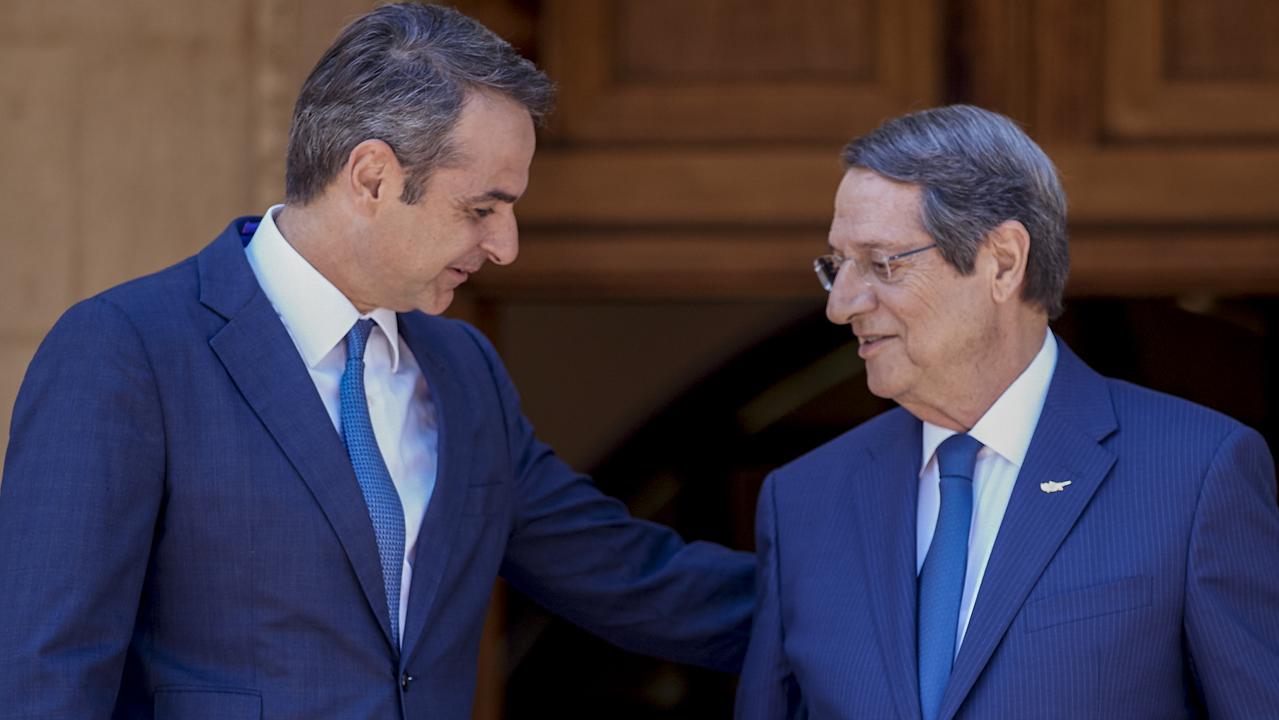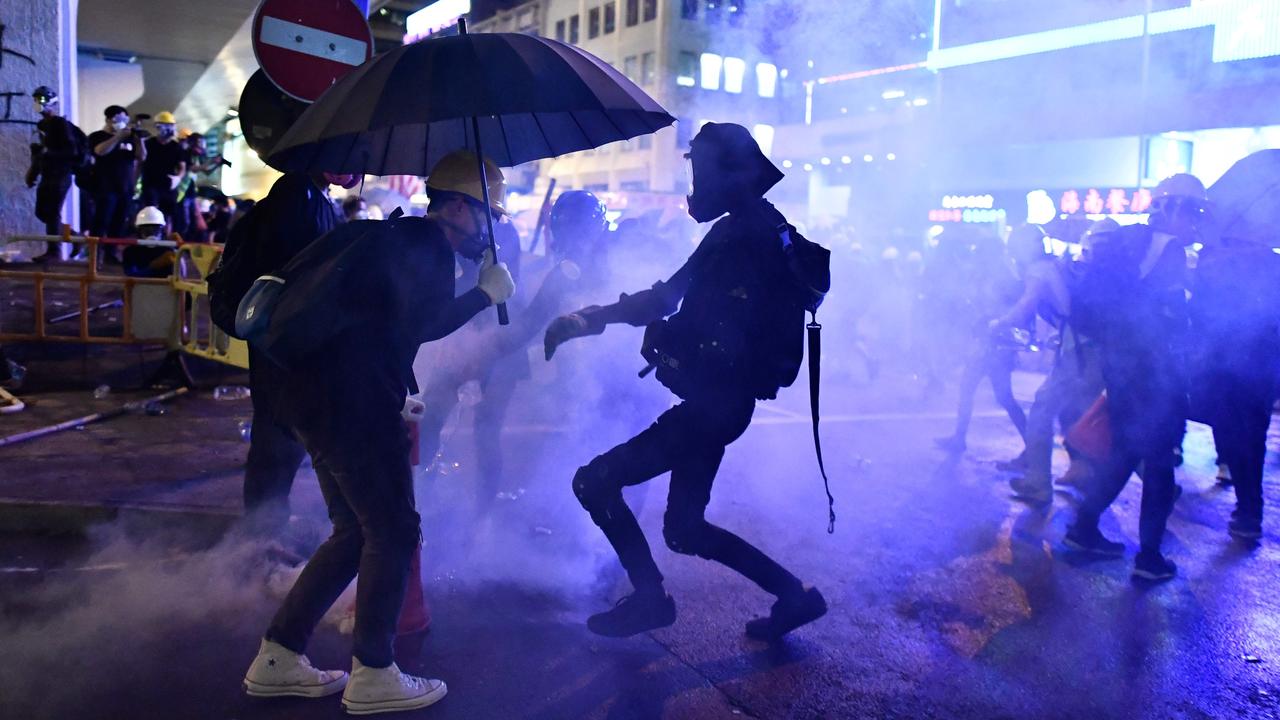Barring the entirely unexpected, Singapore's parliament, when it meets later today, will approve government plans to slash the million-dollar salaries paid to politicians by as much as 53 per cent, something that, while it will hardly leave them crying poor, will dramatically demonstrate the power of the ballot box in the wealthy island-state.
Eight months after the ruling People's Action Party (PAP) that has dominated Singaporean politics since 1959 was returned to power in a general election, though on the basis of its worst ever result, voter disquiet over the vast, CEO-style earnings of public figures from the ribbon-cutting president down has been answered by a government unnerved by the electorate. A report appropriately entitled Salaries for a Capable and Committed Government has set out pay scales that will see the wage paid to Prime Minister Lee Hsieng Loong, the world's highest-earning government leader, cut by a third to $1.6m.
He, however, won't be the biggest loser, not by a long shot: parliament's Speaker will see his wage packet cut by 53 per cent while the President's will be reduced by 51 per cent. The salaries of what are termed entry-level ministers will be cut by 37 per cent to $824,434, and those of ordinary MPs by 3 per cent to $144,276.
They are incomes that will still be far better than those in most of the rest of the world, with Mr Lee's $1.6m a year stacking up well against Barack Obama's $387,000, Julia Gillard's $481,000 (following her recent 31 per cent increase), New Zealand Prime Minister John Key's $300,000, British Prime Minister David Cameron's $226,000 and Indian Prime Minister Manmohan Singh's modest $34,000.
The prosperous city-state's founding father, Lee Kuan Yew, deliberately sought to put its politicians on a different pay pedestal, seeking to encourage the finest brains to go into politics.
Lee's rationale was also that paying top dollar would be a foil against corruption.
His foresight has been borne out: Transparency International's Corruption Perceptions Index for 2011 rated Singapore the world's fifth least corrupt nation, labelling it "very clean" in contrast to neighbours such as Indonesia, Vietnam and the Philippines, all of which were rated "highly corrupt".
So, will the slashing of salaries about to be implemented by the government, retrospective to last May, inspire the sort of corruption that is rife in most of the rest of Asia and beyond?
Most believe that's unlikely and that the "clean" culture developed since 1965, reinforced by stringent anti-corruption laws that include the right to detain those suspected of corruption without trial, will continue.
Pay will be pegged to a benchmark based on the median income of 1000 top-earners but with a 40 per cent discount "to signify the ethos and sacrifice that comes with political service" in a small country that has the world's highest proportion of millionaire households.
Most importantly, the pay cuts will answer voter disquiet shown at the ballot boxes last year, with even opposition politicians welcoming the salary review.
Singapore's government has moved on other issues on which the PAP lost votes last year: rules on foreign workers have been tightened and it's been made more difficult for foreigners to buy property.
Whether it has moved far enough on the hot-button issue of politicians' salaries remains to be seen, but it's clearly a move in the right direction in winning back support for the PAP.




AS payments for politicians go, the world hasn't seen anything quite like it before.